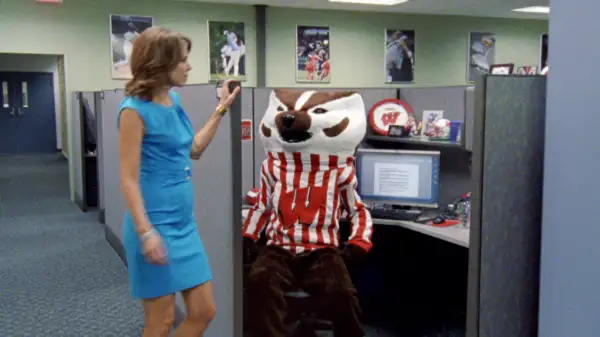How to Judge a College By Its Career Services Office

With loan-burdened students and parents increasingly demanding that a BA lead to a J-O-B, colleges are beefing up their placement services. This year, for the first time since the financial crisis, the typical career office—which has struggled with caseloads of about 1,500 undergrads per staffer—enjoyed a boost in operating budget instead of a cut, the National Association of Colleges and Employers (NACE) reports. “We’re about to experience the golden era of career services,” says Thomas Devlin, director of UC Berkeley’s career center.
To ensure that gold enriches your kid’s job search, look for colleges with good answers to the following questions. Just be sure to temper sales spiels with feedback from students and alumni, plus data from sources like Payscale.com.
How is the office staffed? The best career offices have caseloads of fewer than 1,100 undergrads per counselor, allowing at least one staff hour per student per year. Expertise matters too. “It’s a bad signal if a school doesn’t have someone dedicated to encouraging employers to recruit,” says Andy Chan, vice president of career development at Wake Forest. Each office should also have a person who specializes in connecting students with alumni, as well as an expert in technology and social media (like LinkedIn).
What services are offered? Employers prefer to recruit at campuses where students come to interviews prepared and book meetings only for jobs they’d actually consider, says Dan Black, president of NACE and Americas director of recruiting at professional services firm EY. So confirm that the school works with students one-on-one to narrow the
ir career focus and coaches them for interviews, he says. And ask if there are formal ways of networking with alums, like shadowing or mentoring; if academic departments also work on career skills; and what help is offered to grads, whether it’s simply job listings (eh) or counseling (better).
When does career prep begin? Studies show that the sooner students start working on career preparedness, the better they do in the job market. Ideally, the college will be equipped to work with students during their first or second year. Since underclassmen tend to steer clear of career services, though, some schools are experimenting with ways to motivate young’uns to think about vocations. Willamette University, in Salem, Ore., for example, requires freshmen to create a résumé before registering for sophomore classes.
Are internships a priority? On-campus recruiting by prestigious employers is definitely a good sign, but few undergrads get jobs that way, says Bob Orndorff, associate director of employer relations at Penn State. Meanwhile, at least 24% of internships lead to job offers, NACE reports. “Employers are looking for recruits with relevant experience,” Orndorff says. So find out how the school helps arrange internships and what percentage of students get them. The more students doing paid internships, especially, the better.
___________
WATCH: Was your college's career services office any help?
Money 101: How to start saving for college
